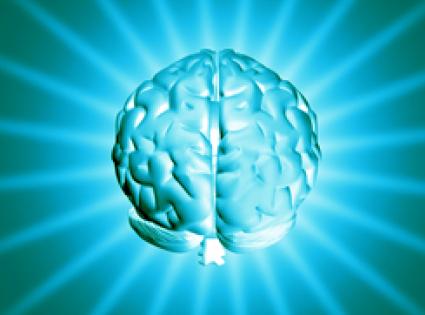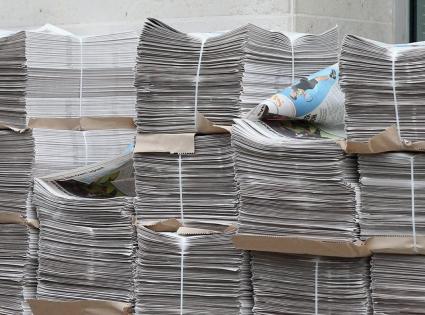Rebeca Ibañez Martin

Defendí mi tesis doctoral con mención internacional titulada "Bad to eat? Empirical Explorations of Fat?" con la calificación de Sobresaliente "cum laude" el viernes 9 de Mayo de 2014. A partir del 1 de Junio de 2014 me incorporo como PostDoc en la Universidad de Amsterdam (Países Bajos) para trabajar en el proyecto "The eating bodiy in Western Theory and Practice" (ERC 2009) dirigido por la Prof. Annemarie Mol (UVA).
A continuación, un breve resumen de la tesis doctoral.
"This project aimed to study fat as food in specific cases where notions and dispositions towards good or bad fat were enacted and discussed. The intention was to offer a philosophical and ethnographical reflection about the object in the practices where it was researched. The aim was not to “represent” particular people, or particular stories but to work with them and relate with them. My intention throughout the cases was never to describe the places I conducted my empirical explorations in their own terms, but instead to introduce the concept fat in those situations to extract theoretical lessons.
One of the contributions this dissertation made is that it offers a challenging study of the social, technical, and tacit dimension of fat as a scientific object, material substance and cultural obsession. Throughout this work I have advanced the understanding of the social life of biomedical and nutritional knowledge of fat along with the material-semiotic agencies of food and diet, by taking materiality seriously in order to understand human and material entanglements. In doing so I contributed to an understanding of the relations of fat in terms of emergent assemblages.
This work has contributed to the elucidation of some well-defined problems covering the following 4 questions:
1. Firstly, by drawing on the cholesterol hypothesis I wanted to show the entanglements between diet, eating habits, nutritional theories and laboratory practices by which fat acquires a negative connotation
2. Secondly, and drawing on ethnographical observations, I wanted to analyze how the process of food production, either at home or in local factories, involves a series of normative, ontological, and political compromises beyond biomedical considerations
3. Thirdly, I wanted to explore to what extent waste fats reaches a liminal status from where it confronts those subjects and institutions, responsible for economic and ecological governance, with complex political categories that redefine places and meanings around issues such as: activism, involvement, concern or care, behavior or skills.
4. Lastly, I wanted to offer a methodological reflection about the potentialities and limits of exploring concrete cases in an empirical fashion.







